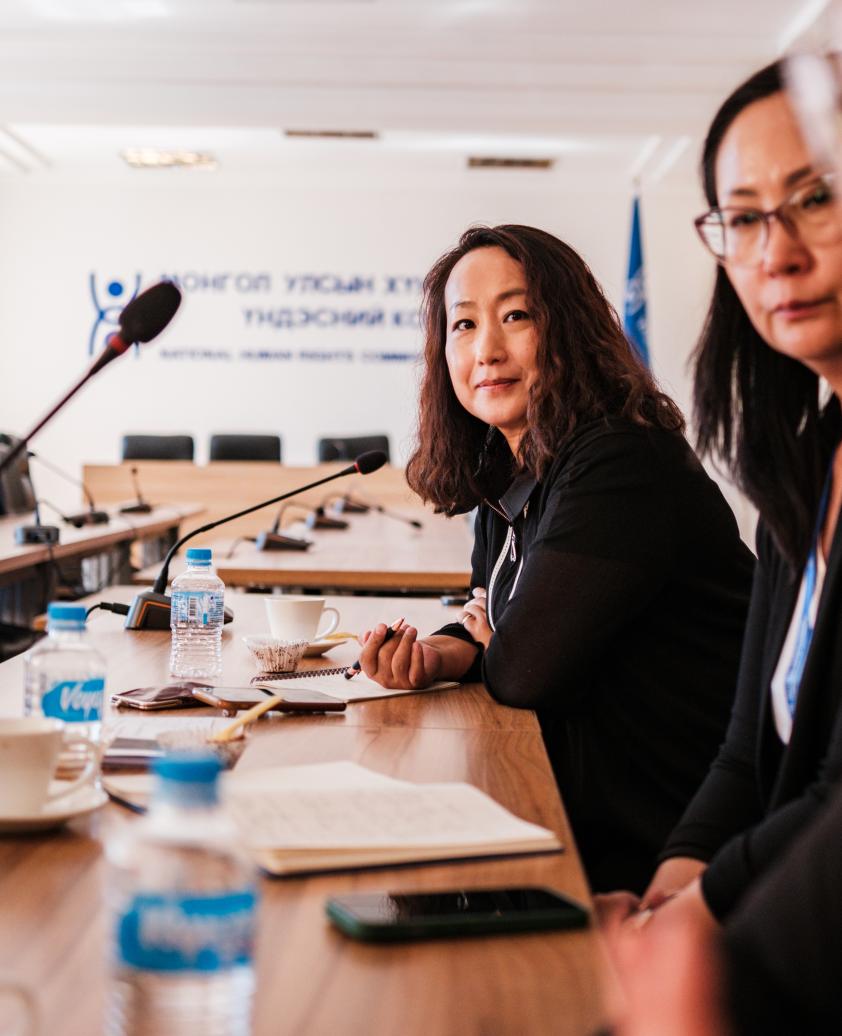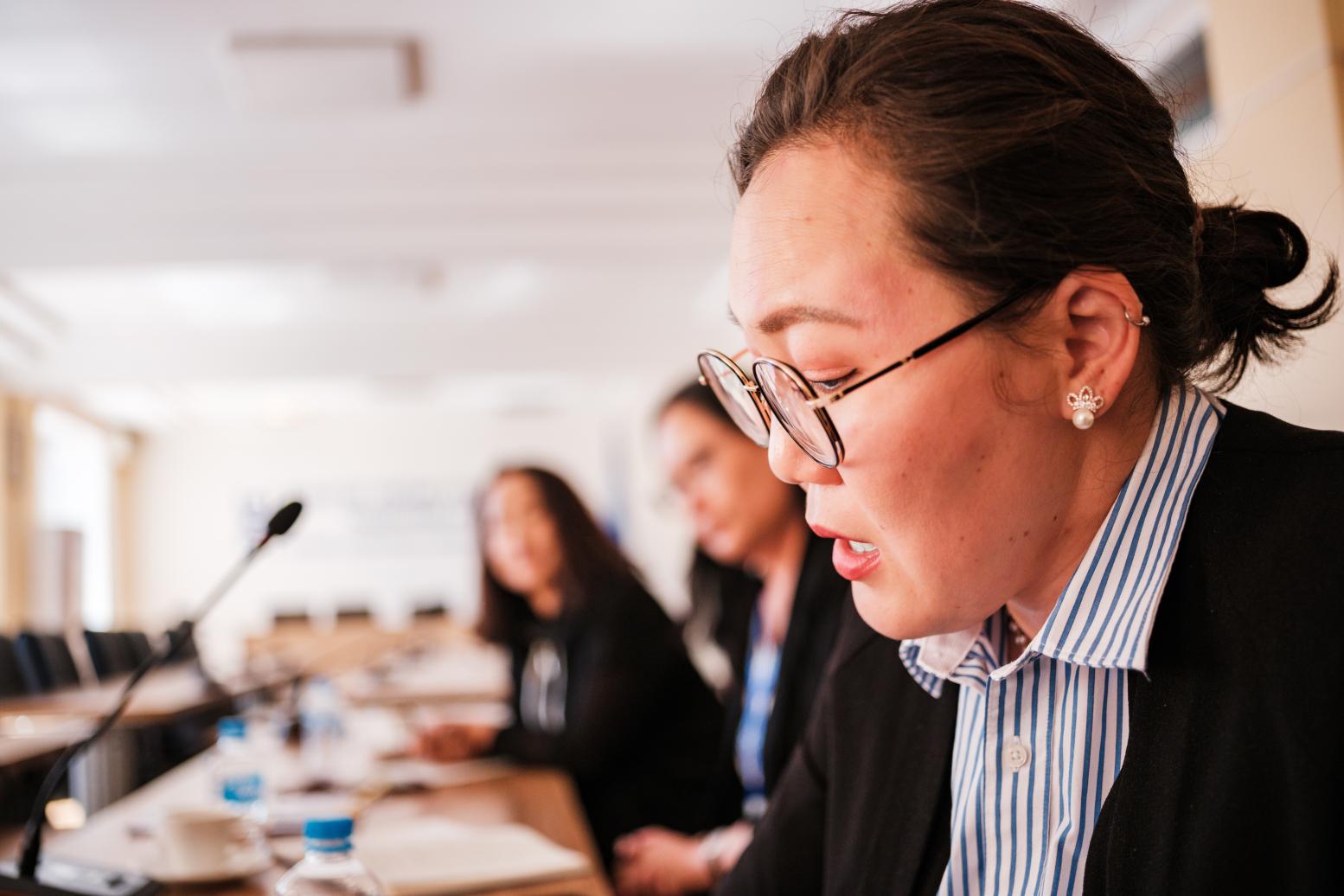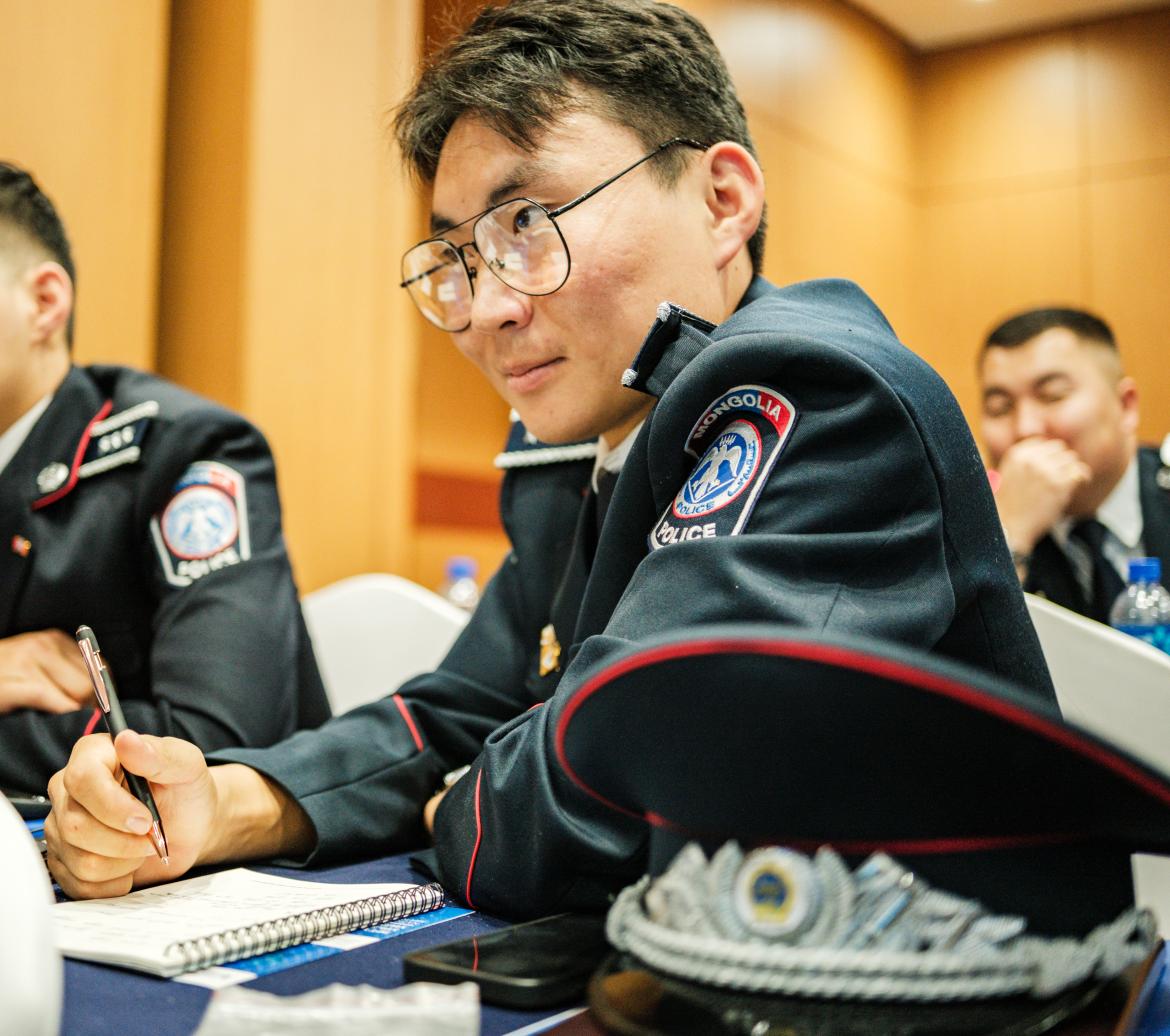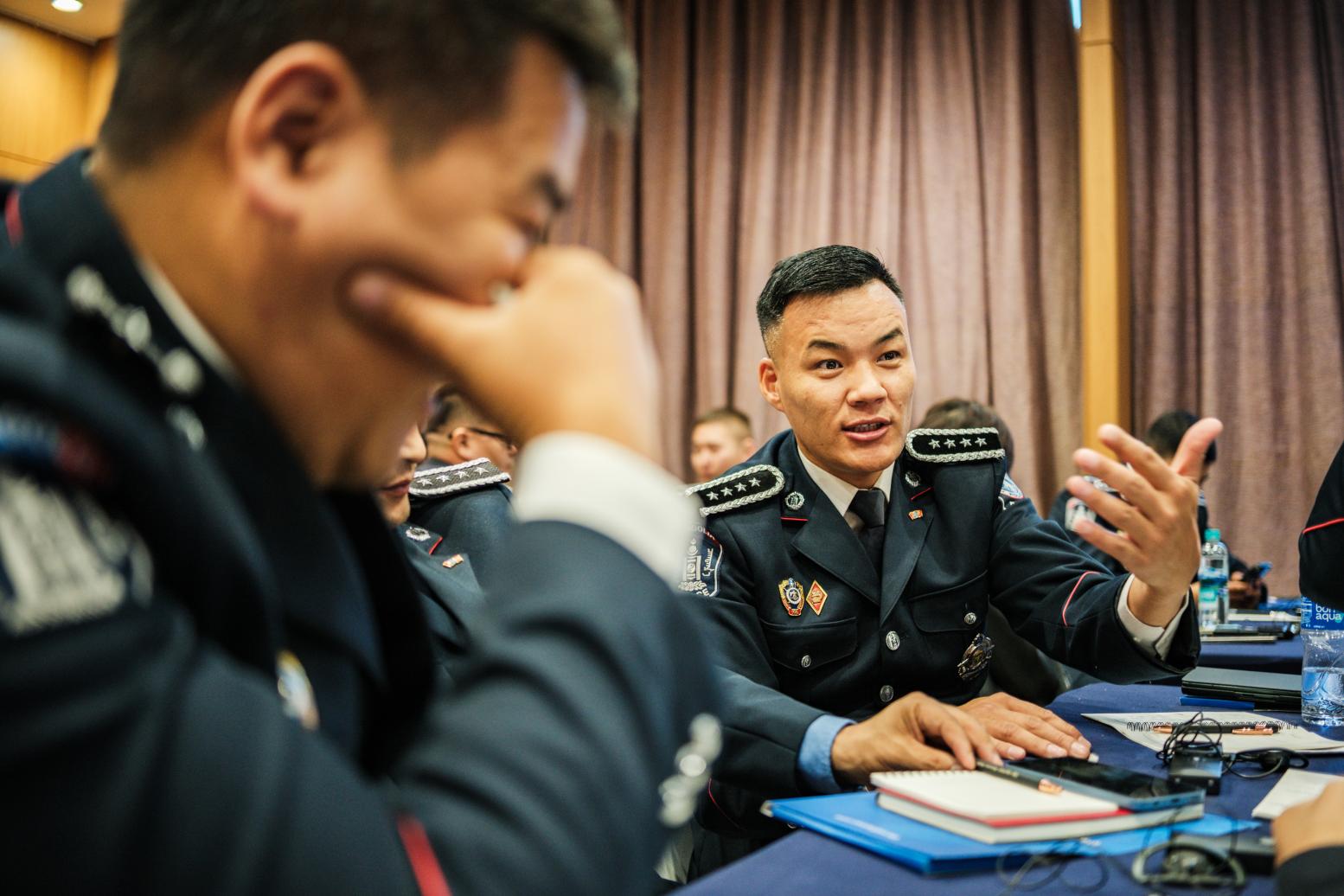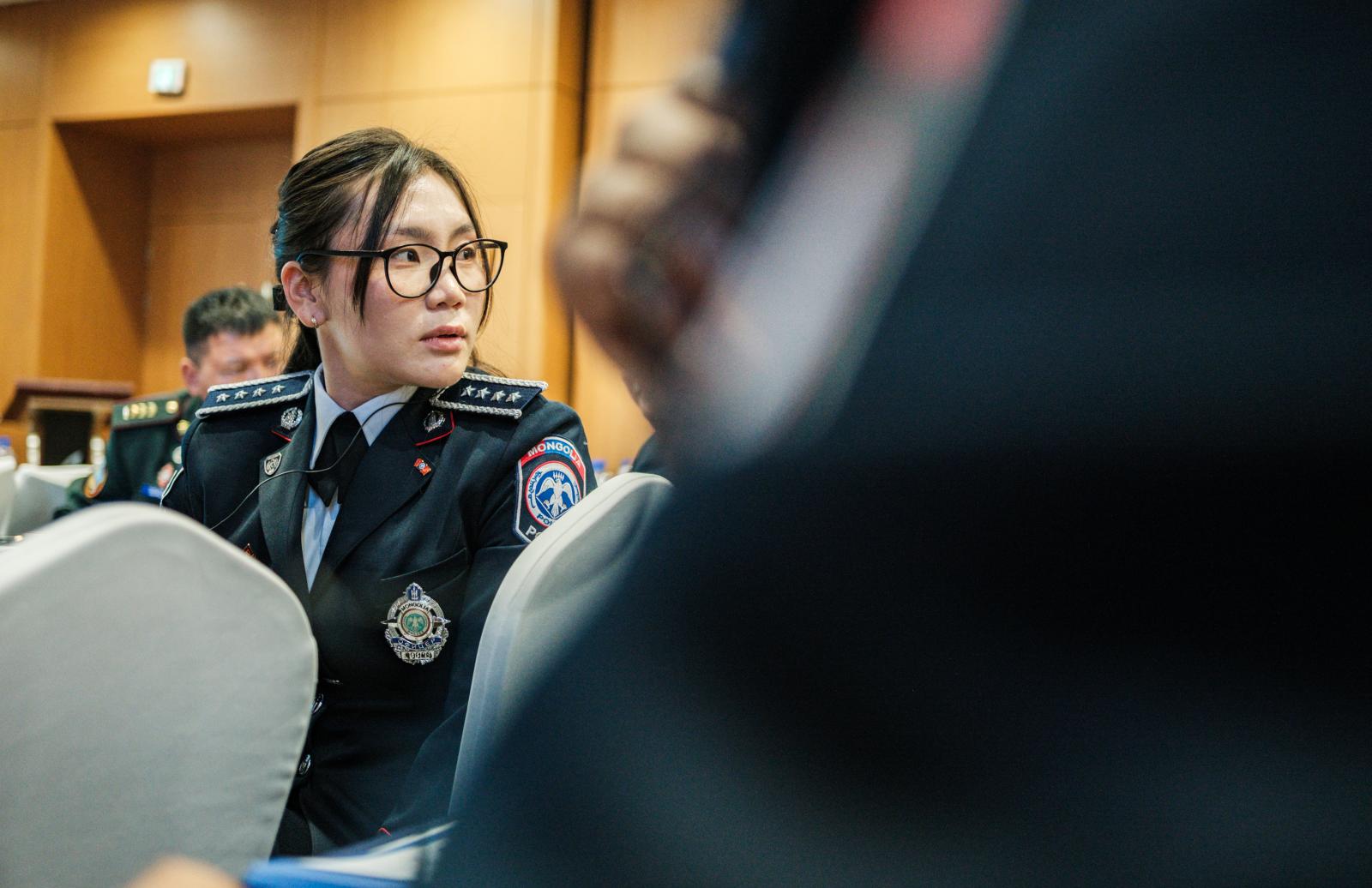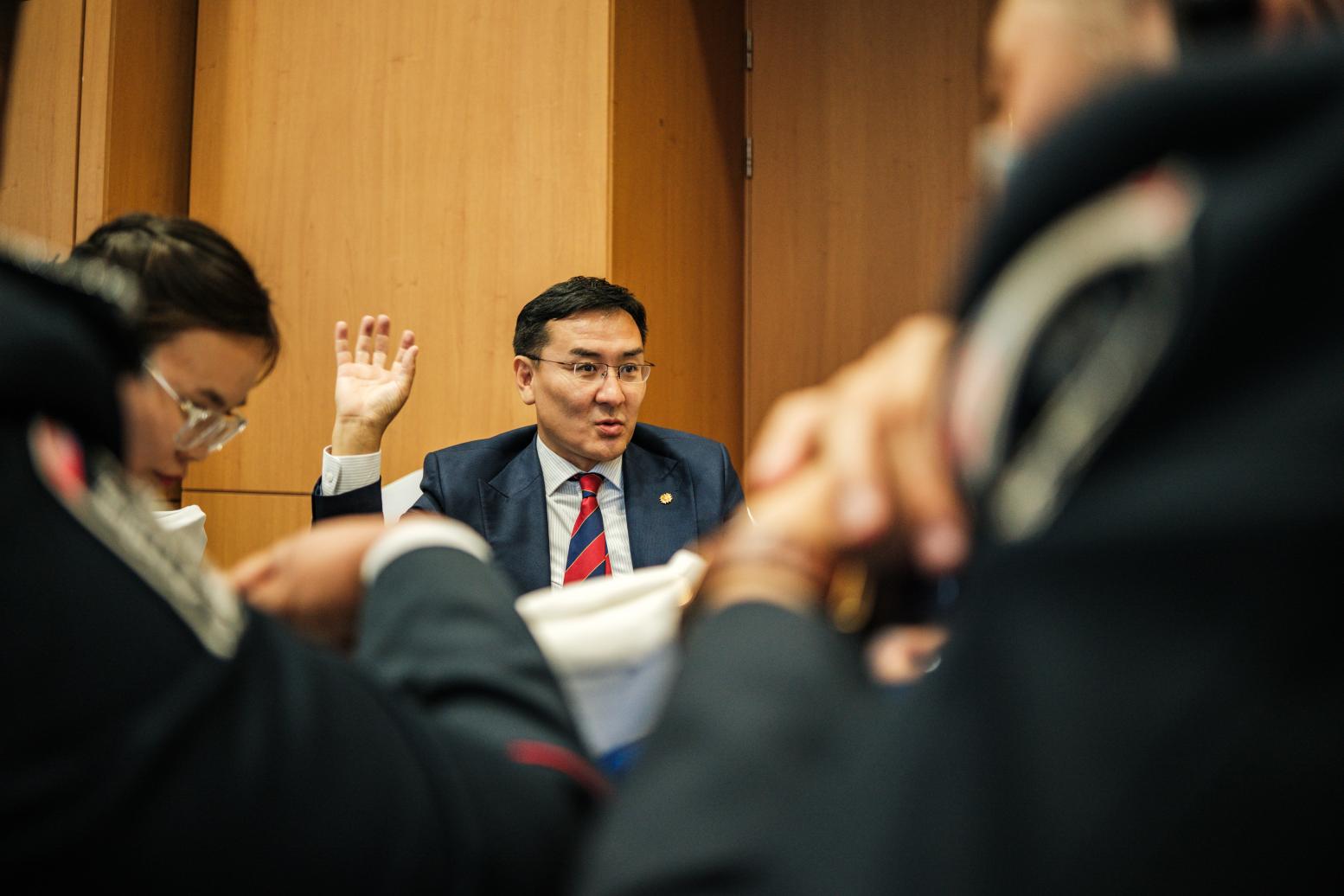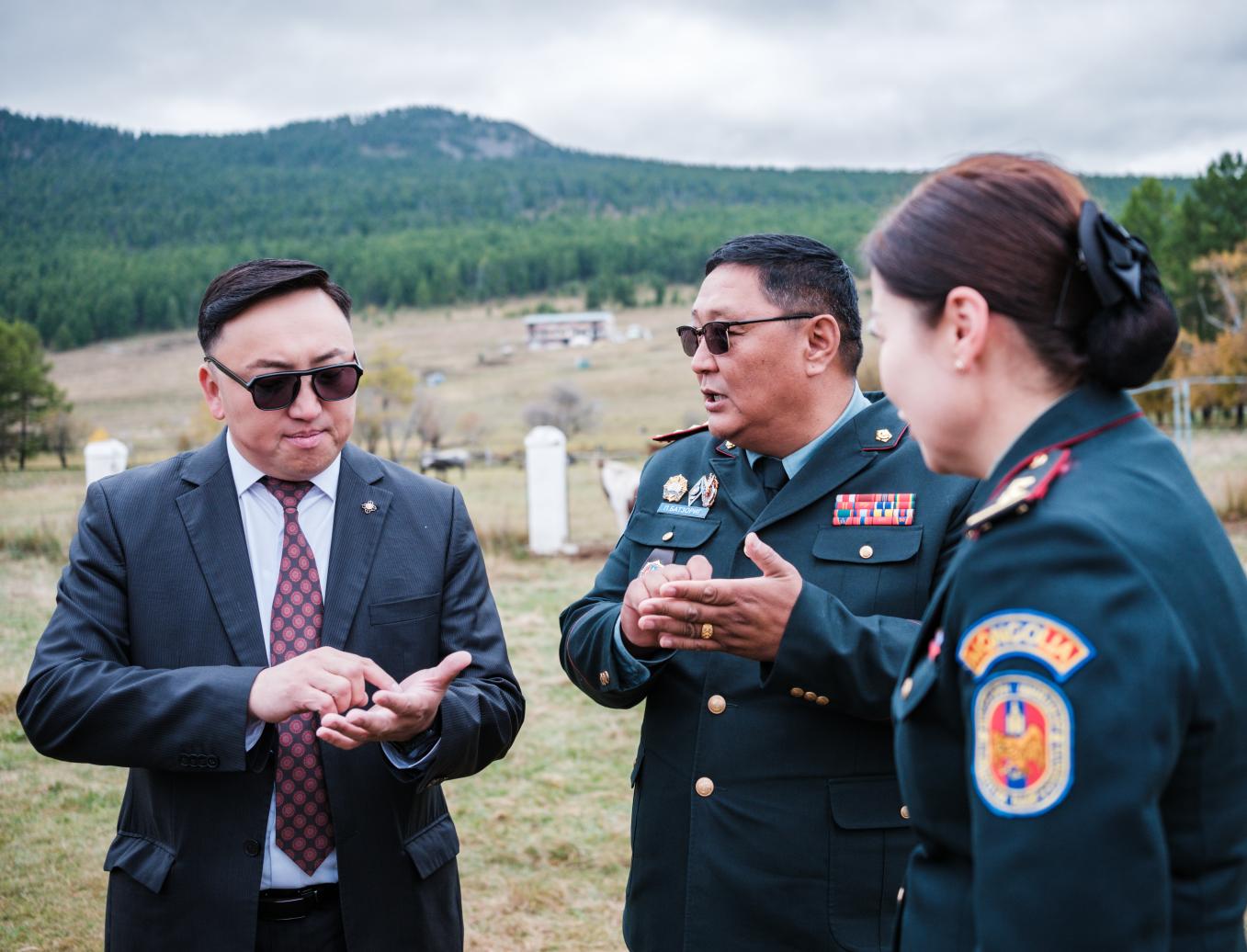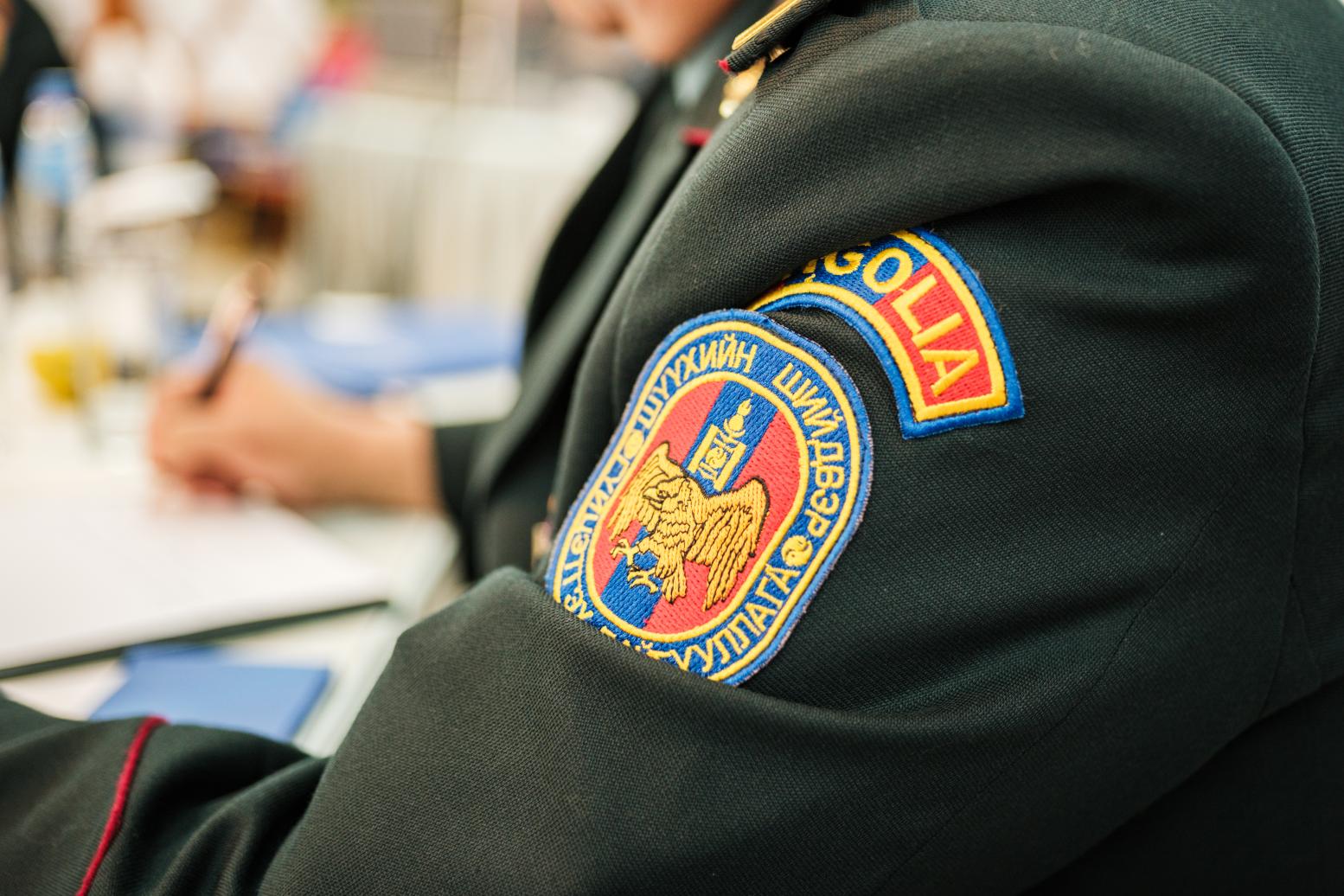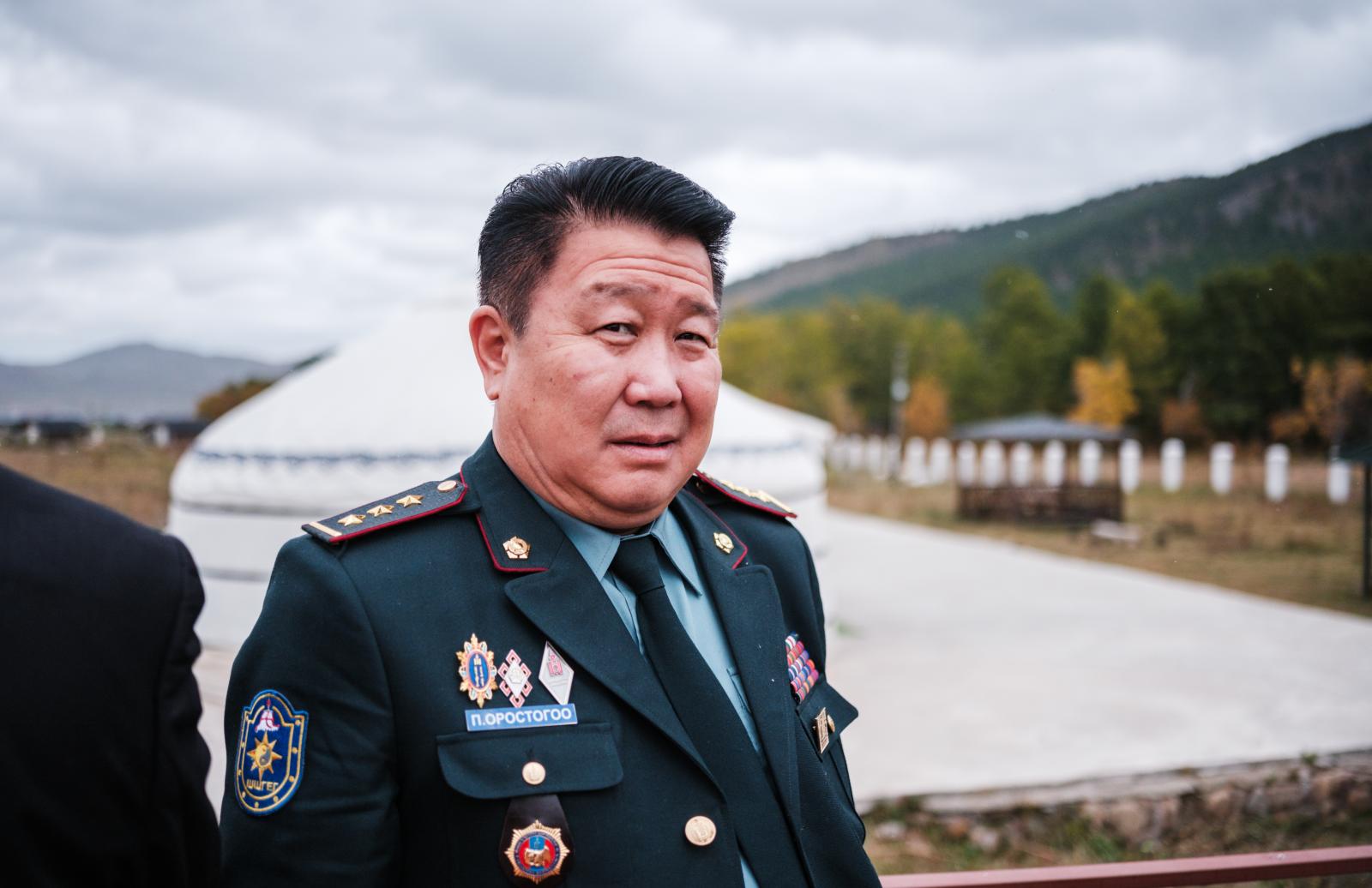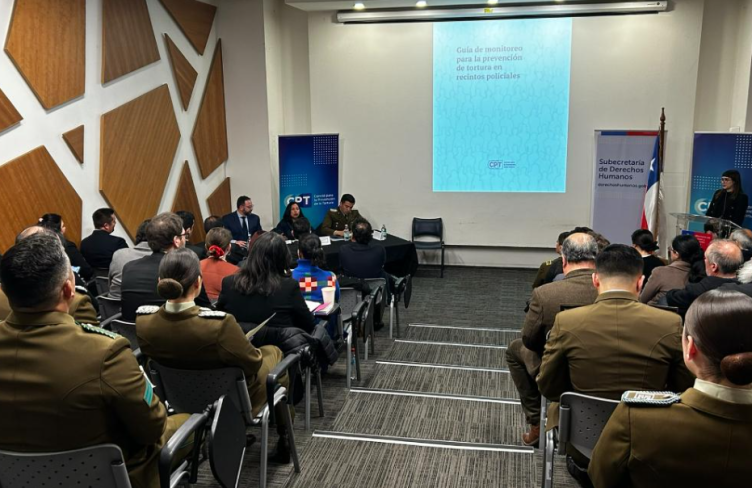
The APT and Mongolia’s National Preventive Mechanism (NPM) began an ambitious first year of cooperation by focusing on safeguards in the first hours of police custody and the NPM’s visit methods during a week of joint activities in Ulaan Baatar.
Bringing together law enforcement and prison officers from around the country allowed us to take the first steps towards implementing the Méndez Principles on Effective Interviewing - a set of global standards on police interviews and safeguards, named after torture survivor and former special rapporteur, Professor Juan Méndez.
By visiting a prison for women as well, we also helped the NPM to identify gaps in their own methodology that we can now work together to address in the year ahead.
Mongolia's NPM is one of only a small number in the Asia Pacific but it is already benefiting from the experiences of other NHRIs in the region with an NPM mandate, as well as acting as an example for those states in the region who are yet to ratify the Optional Protocol to the Convention against Torture.
Among the challenges faced by the Mongolian NPM are the country's vast geography. This makes it difficult and expensive to visit places of deprivation of liberty in remote regions. Conducting unannounced visits to such regions is particularly difficult, as everyone is aware of the NPM's arrival as soon as they step off the plane.
The NPM has been working with APT to translate the Méndez Principles on. Effective Interviewing into Mongolian and to understand some of the gaps in implementation. Interest among the authorities for this kind of practical approach is high, demonstrated by the more than 2,000 police officers who attended our joint workshop.
Contact with family is among the most important safeguards in the first hours of police custody. In many countries it is also the easiest to implement as, unlike access to a lawyer, it is very low cost. However, in remote regions of Mongolia, it is in fact one of the hardest. Many herder families live out of cell phone range and both finding them and making contact can be a significant challenge, if one of their relatives is arrested.
Work is ongoing to introduce CCTV in all interrogation rooms. As in many places, in the beginning, there was resistance from the police. They didn't want to be recorded. But this perspective is shifting. The police are beginning to see that it is also a safeguard for them; that it can help to protect them against false allegations, while also upholding the rights of those they have detained.
Resourcing presents a challenge for implementation of safeguards in many police units. A lack of questioning rooms, for example, means that many interviews take place in offices and in the presence of others.
For women deprived of liberty in Mongolia, distance from their families is an enormous challenge. With only one prison for women in the country, most are held far from their homes. Here the NPM discusses these and other issues with prison authorities.
Traffic in the capital poses a problem in relation to ensuring prompt access to a lawyer. Chronic traffic jams mean that even when a lawyer is available and contacted immediately, sometimes they can take hours to arrive at the police station.
Together with the APT, the NPM conducted a visit to a detention centre for women, with a focus on improving their visiting practices and methodologies, as they work to fully implement their new mandate.
